IVF stands for In Vitro Fertilization, which is a type of assisted reproductive technology used to help couples who are struggling with infertility to conceive a child. In vitro means "in glass," which refers to the fact that the fertilization process takes place outside of the woman's body, in a laboratory dish.
The IVF process typically involves several steps, including:
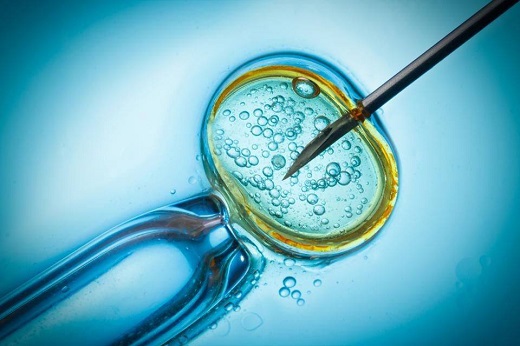
1. Stimulation of the ovaries: The woman is given fertility drugs to stimulate her ovaries to produce multiple eggs.
2. Egg retrieval: Once the eggs have matured, they are retrieved from the woman's ovaries using a small needle.
3. Fertilization: The eggs are then combined with sperm in a laboratory dish, where they are left to fertilize for several days.
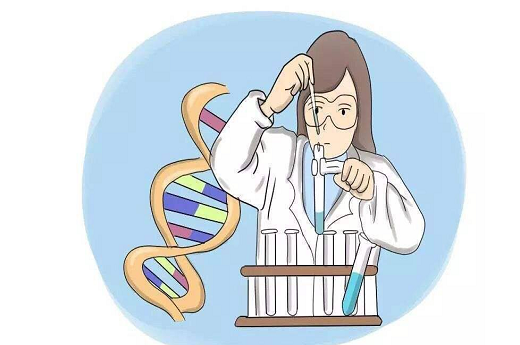
4. Embryo transfer: After the fertilized eggs have developed into embryos, one or more embryos are transferred back into the woman's uterus.
5. Pregnancy test: About two weeks after the embryo transfer, the woman takes a pregnancy test to see if the procedure was successful.
IVF is typically recommended for couples who have been trying to conceive for at least a year without success, or for women who have certain medical conditions that make it difficult to conceive naturally. Some of the medical conditions that may benefit from IVF include:
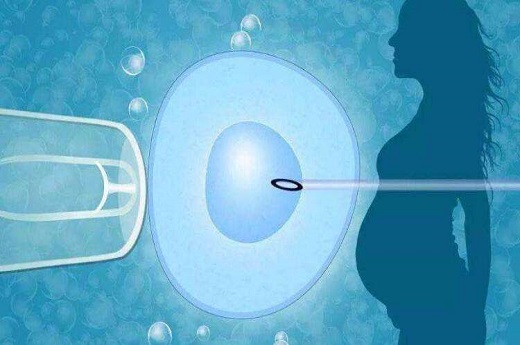
1. Blocked or damaged fallopian tubes
2. Endometriosis
3. Low sperm count or motility
4. Unexplained infertility
5. Genetic disorders
Like any medical procedure, IVF does come with some risks. Some of the potential risks include:
1. Multiple pregnancies: IVF increases the likelihood of having twins, triplets, or more.
2. Ovarian hyperstimulation syndrome: The fertility drugs used to stimulate the ovaries can cause them to become swollen and painful.
3. Ectopic pregnancy: In rare cases, the fertilized egg may implant outside of the uterus, which can be life-threatening.
4. Birth defects: Some research suggests that IVF may increase the risk of certain birth defects, although more studies are needed to confirm this.
IVF can be a highly effective treatment option for couples struggling with infertility. While the process can be complex and does come with some risks, many couples have successfully conceived a child through IVF. If you are struggling to conceive, talk to your doctor about whether IVF may be a good option for you.
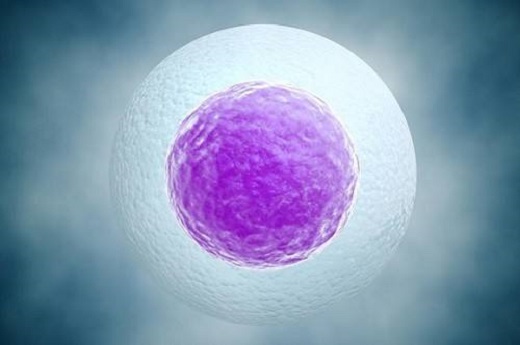
试管婴儿探宫后的注意事项 试管婴儿是通过体外受精技术获得的婴儿,它将受精卵在实验室中培养至一定阶段后,再将其移植到母体子宫中发育。试管婴儿探宫是指将受精卵移植到母体子宫的过程。这个过程非常关键,需要患者特别注意一些事项,以确保移植的成功和胚胎的健康发育。 1

试管婴儿是通过人工辅助生殖技术将受精卵在实验室中培养至一定阶段,然后将其移植到母体子宫中发育的过程。有时候试管婴儿的发育过程可能会出现问题,导致胎停,即胚胎在子宫内停止发育或死亡。试管婴儿胎停的原因可能是多方面的。 1.染色体异常 染色体异常是导致试管婴儿胎停
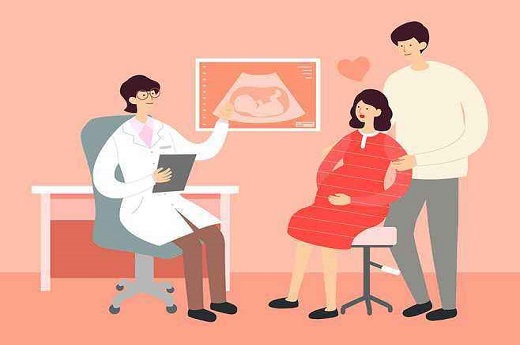
试管婴儿移植完后的饮食与药物 试管婴儿移植是一种辅助生殖技术,帮助那些无法自然怀孕的夫妇实现生育梦想。在试管婴儿移植过程中,饮食和药物的选择对于成功率起着重要的作用。下面我们将详细介绍试管婴儿移植完后的饮食和药物。 饮食 试管婴儿移植完后,饮食的选择对于胚胎的着
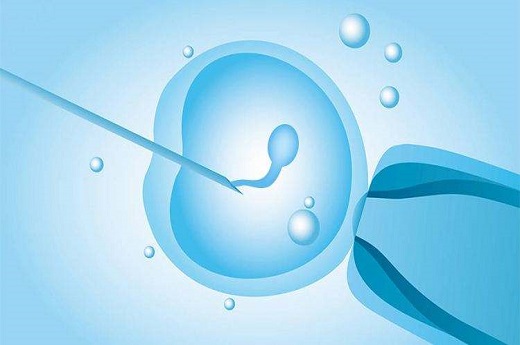
试管婴儿是一种通过体外受精技术辅助生育的方式,对于一些不孕不育的夫妇来说,是实现生育梦想的重要途径。南京鼓楼医院作为一家综合性医院,在试管婴儿领域拥有丰富的经验和先进的技术设备,为患者提供专业的试管婴儿治疗服务。那么,在南京鼓楼医院,试管婴儿挂什么科室呢?
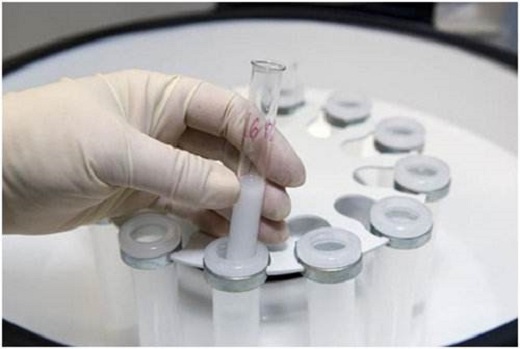
试管婴儿是一种辅助生殖技术,通过体外受精和胚胎移植的方式帮助不能自然受孕的夫妇实现生育愿望。试管婴儿的费用较高,并且很多国家的医疗保险并不包括试管婴儿的费用。本文将探讨试管婴儿费用不被报销的原因。 试管婴儿技术的费用相对较高。试管婴儿需要进行多个步骤,包括
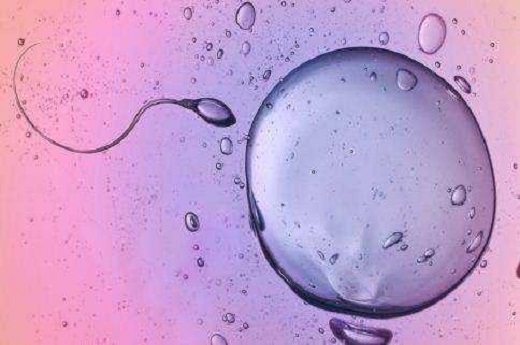
试管婴儿是指通过体外受精技术将受精卵移植到女性子宫内,进而实现怀孕和生育的过程。对于准备做试管婴儿的夫妻来说,饮食和营养摄入是非常重要的,因为良好的饮食习惯和合理的营养摄入可以提高受孕的成功率。以下是一些准备做试管婴儿的夫妻可以考虑的最佳食物。 1. 蛋白质丰
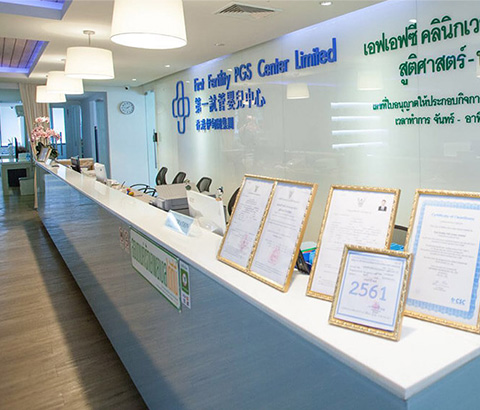
泰国第一试管婴儿中心位于曼谷市中心四季酒店附近,占地1500平方米,是曼谷大型的泰国试管婴儿医院专科诊所之...

泰国三美泰医院成立于1979年,是泰国同行业中出于领先地位的私立医院集团。其中的总院三美泰素逸坤医院,位于...

泰国威它尼医院是一所在泰国领军的泰国试管婴儿医院,同时面向本地和国际病患。自1994年成立以来,一直提供更...

泰国康民国际医院,泰国试管婴儿医院创立于1980年,2002年首获全亚洲第一个JCI国际医疗认证。位于泰国曼谷的核...